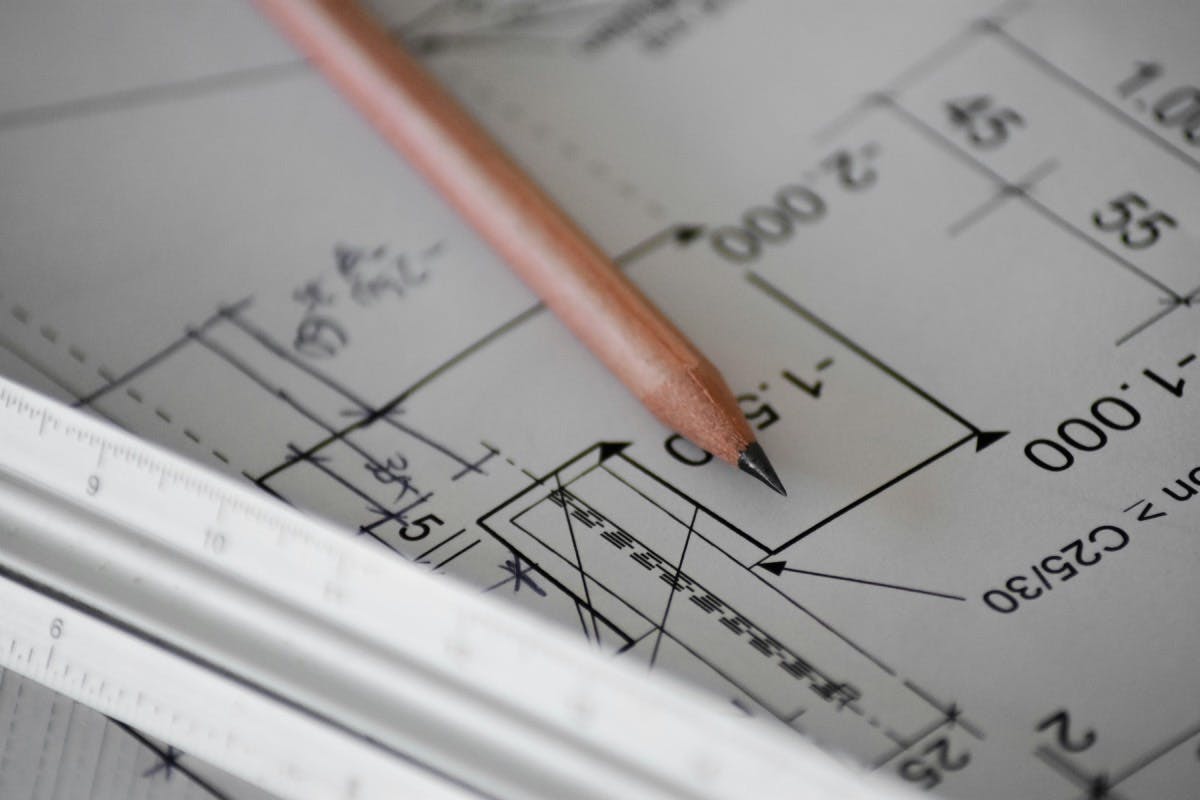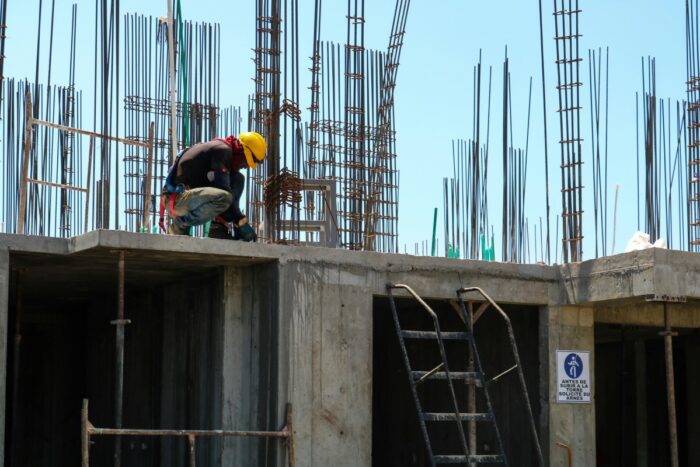Insights
When to get into real estate: to build new, to buy or to hold land?
Published
08 May, 2024

Choosing whether to buy land, build new or purchase an existing property is a decision many property buyers consider at some stage in their investment journeys. Your return, your capital investment and even your stress levels will all differ as a result of the avenue you choose. And even the market could depend on which option is best suited to you.
Want to know when and why you might hold land, buy existing or build on your site? Here’s your comprehensive guide to help make the best decision.
When to build
Pros:
- The choice is yours: Building allows for complete control over the property layout, materials and sustainability features (a big one these days), allowing you to design your dream home (or homes if your block is big enough to accommodate multiple dwellings).
- Energy efficiency: New constructions can incorporate the latest technologies in energy efficiency, potentially saving costs in the long run.
- Government incentives: Government incentives for new constructions—such as rebates or tax benefits—can reduce your overall investment costs.
Cons:
- Higher initial costs (without occupancy benefits): Building can initially be pricier than buying existing properties due to upfront land purchase, plus the costs of construction materials and labor. You’ll also have no rental income or occupancy option during construction.
- Time investment: The process from planning to completion can be lengthy, delaying the time to occupy, lease or divest.
- Construction risks: Delays due to weather, supply chain issues or contractor problems can increase costs and affect timelines.
Ideal timing: Investors might consider building during low interest rate environments and when construction costs are stable.
When to buy existing
Pros:
- Convenience: Purchasing an existing property is generally quicker than building. You can of course occupy or rent out the property sooner.
- Options to build later: If the property is an older vintage or there’s room on the site, you might look to build later. That’s a great way to add value.
- Known quantities: Existing buildings come with less surprise. Their history and any issues are typically known and can be inspected prior to purchase.
Cons:
- Maintenance and upgrades: Older properties may require more maintenance or need renovations, which can be costly. You mightn’t know whether you’ve bought yourself a considerable number of maintenance items (unless of course you’ve done an exceptional due diligence investigation).
- Property imperfections: You might’ve hoped for a bigger backyard, a pool or a separate living room. If the supply is tight, you could be forced to compromise on elements of your dream home.
- Competitive market: Buying existing property is the most popular avenue for property investors and homeowners. That’s why it can be highly competitive, driving up prices and narrowing your prospects.
Ideal timing: There are plenty of great times to buy an established property. You might buy an existing property during economic downturns when property prices tend to be lower. Or in a rising market, when sellers are looking to capitalise on their original investment, allowing you to ride the market’s cycle to its peak. Buyers might also consider acquiring an established home when mortgage interest rates are low (to maximise affordability) or when rental prices are high (to maximise profitability).
When to buy and hold land
Pros:
- Potential cost savings: Buying land is typically less expensive than purchasing established, especially in emerging suburbs or regions.
- The choice is yours: Zoning considered, buying land offers the freedom to tailor designs to specific needs—not just the type of property but the timing of the build too.
- Long-term appreciation: Well-located land in high-growth precincts can significantly grow in value, offering investors great capital appreciation potential.
Cons:
- No cash flow (or immediate benefits): There’s no rental income or occupancy potential from vacant land. This is a deal-breaker for many property buyers.
- Carrying costs: You’ll incur ongoing costs, such as land taxes and mortgage interest obligations while you own the land, even before any development starts.
- Market risk: As with any real estate investment, land prices can fluctuate based on market conditions and zoning changes.
Ideal timing: When a market cycle is at its peak, buyers who can no longer afford established homes will sometimes purchase land and hold it when the time is right to build. It’s cheaper this way. But for those with the long-term outlook—who purchase land before demand increases for vacant blocks—they can find considerable profits from holding what is essentially a commodity.
Consider this before you buy…
Whether you buy land, build new or purchase an existing property in Australia, your own personal needs must be considered. Same goes for your financial situation. These come before market conditions. If the former line up, then look to the market to see what opportunities exist.
Need some help getting started in either residential or commercial real estate? We offer syndicated property investments, pooling our funds with yours in our own unlisted property trusts, to go after big league and high-growth real estate assets in Australia.
Get in touch today to find out how to start your investment journey alongside us.





